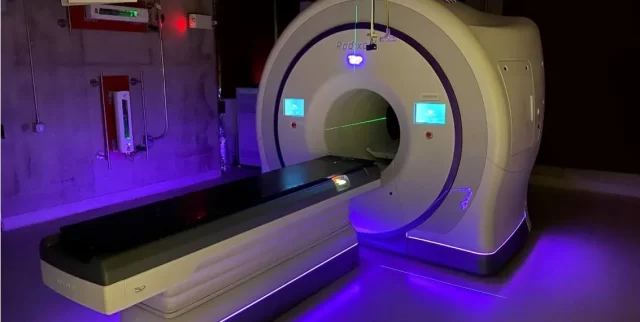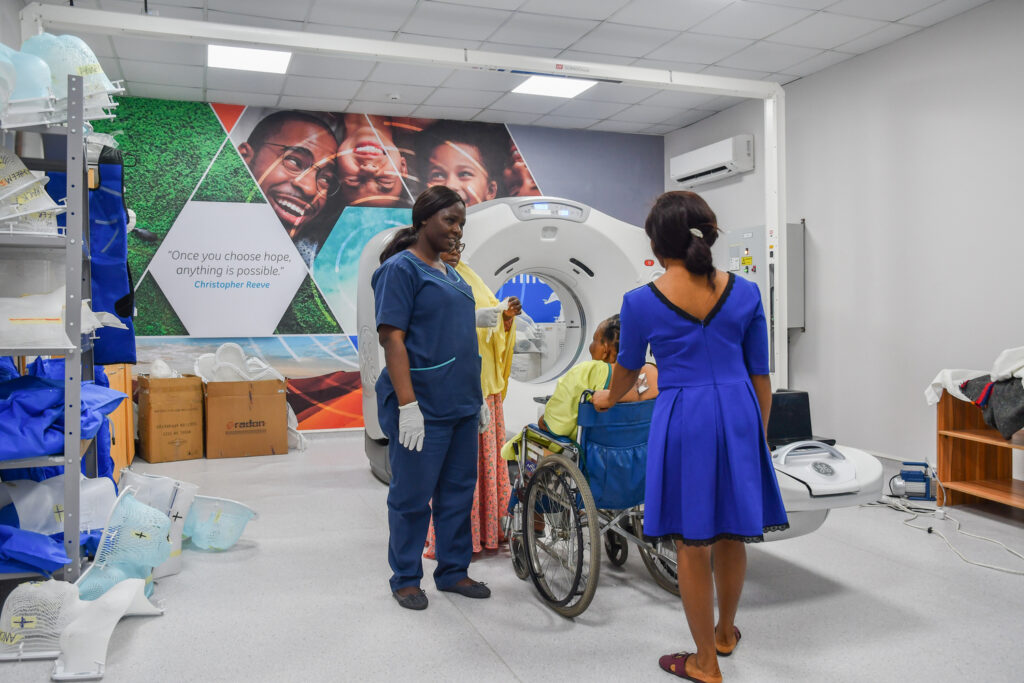
The Federal Government of Nigeria has affirmed its significant strides in advancing cancer care in the country. The former Minister of Health, Dr. Osagie Ehanire, praised healthcare professionals, government agencies and private sector stakeholders for their efforts in the prevention, detection and treatment of cancer.
In a recent press briefing, Dr. Ehanire stated that the government has made the construction of new cancer centers and the renovation of existing facilities its priority.
He also highlighted that cancer patients nationwide now have far better access to cutting-edge therapies and diagnostic services, thanks to the launch of the National Cancer Centre in Abuja. In 2021, the government invested ₦10 billion (~$20 million USD) in equipping hospitals with modern radiotherapy equipment, such as linear accelerators, improving treatment options.
- Delta Airlines Offers $30,000 Compensation to Passengers After Toronto Plane Crash
- FG Bans 60,000 Litres Petroleum Tankers to Curb Accidents & Explosions on Nigerian Roads
- 94-Year-Old Man Registers for 2025 UTME, Fulfills Lifelong Dream
- 23-year-old Ekiti Man Arrested for Allegedly Attempting to Use Nephew for Money Ritual
- Australian Woman Annie Knight, who Set a Goal to Sleep with 1000 Men in 2025, Says She’s Ready for Love
- Late Herbert Wigwe’s 90-year-old Father Takes his Grand-daughter to Appeal Court over her Father’s Estate
In addition, growing national knowledge of cancer has been facilitated by public health programs which focus on modifications to one’s lifestyle and knowledge of the detrimental effects of tobacco. Routine screening programs for early detection have been established in both rural and urban regions to complement these efforts.

Dr. Ehanire revealed the installation of high-tech cancer treatment machines in key hospitals, alongside training programs for medical personnel. There have also been notable advancements in treatment options such as chemotherapy, radiation therapy and surgery.
The Federal government believes that introducing the National Health Insurance Scheme (NHIS) will significantly decrease the financial burden of the disease. As of 2020, over 50 million Nigerians were covered by the NHIS, which subsidizes cancer treatments, benefiting 10-15% of cancer patients.
However, remote areas still lack access to affordable cancer care. A 2021 World Bank report noted that 60% of Nigeria’s population lives in rural areas.
Although mobile clinics and telemedicine have reached 30,000 rural residents since 2020, there is still a lot more work to be done by the Federal Government in improving affordability and access to cancer treatments.











